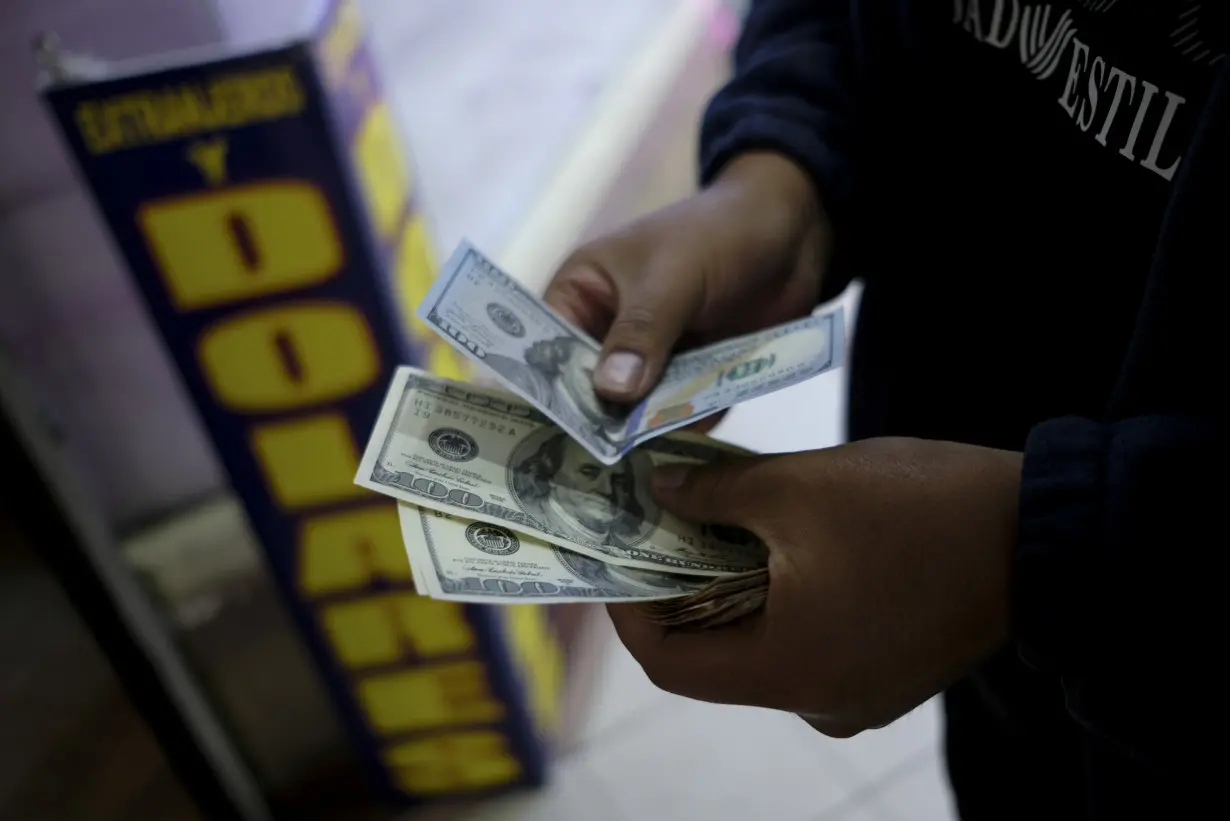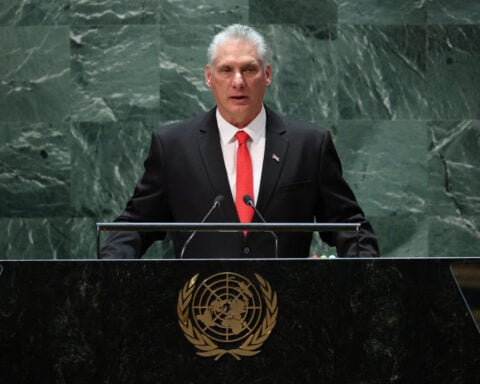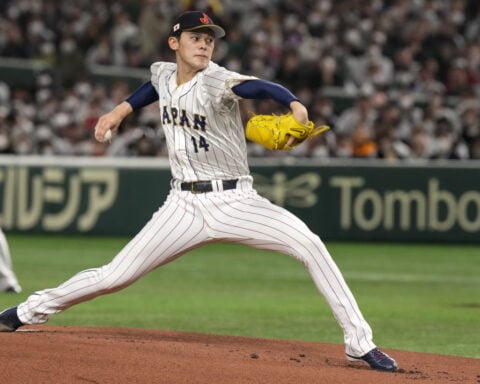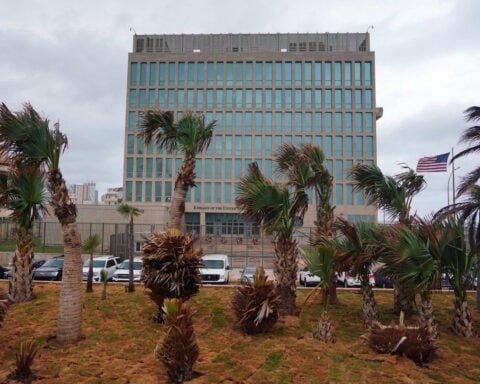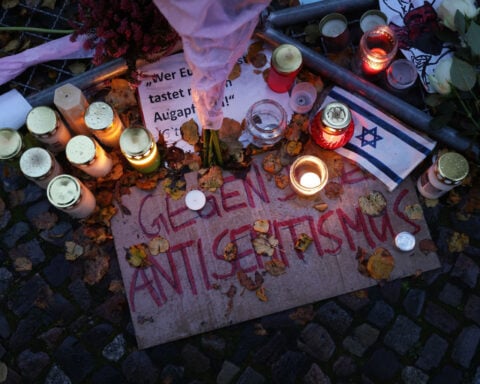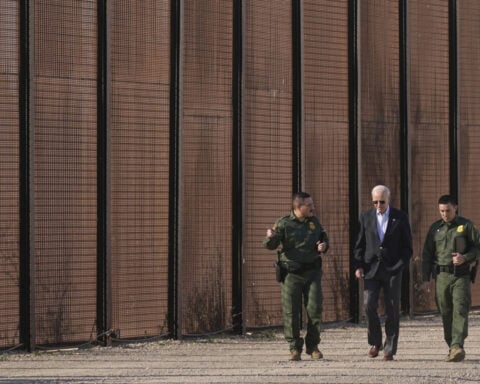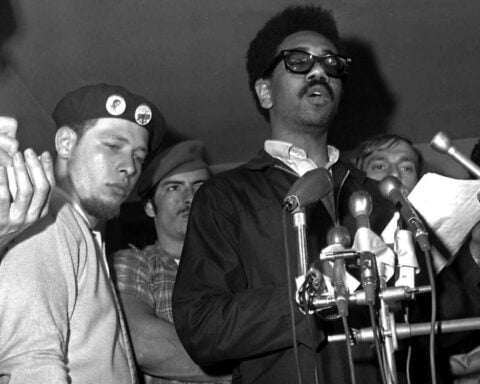LA PAZ, Bolivia (AP) — Former President Evo Morales on Sunday accused his political ally-turned-rival President Luis Arce of deceiving Bolivians by staging a “self-coup” last week to earn political points among the electorate, marking a sharp downturn in an already fraught relationship.
Morales was initially among the country's most powerful voices to say the approximately 200 members of the military who marched on Bolivia's government palace alongside armored vehicles Wednesday had attempted a “coup d’état.” He called for "all those involved in this riot to be arrested and tried.”
But on Sunday, Morales joined others who contend Arce himself orchestrated the incident in an attempt to win the sympathy of Bolivians at a time when his popularity is extremely low.
Arce “disrespected the truth, deceived us, lied, not only to the Bolivian people but to the whole world,” Morales said in a local broadcast program Sunday. Morales also called for an independent investigation into the military action in a post on X.
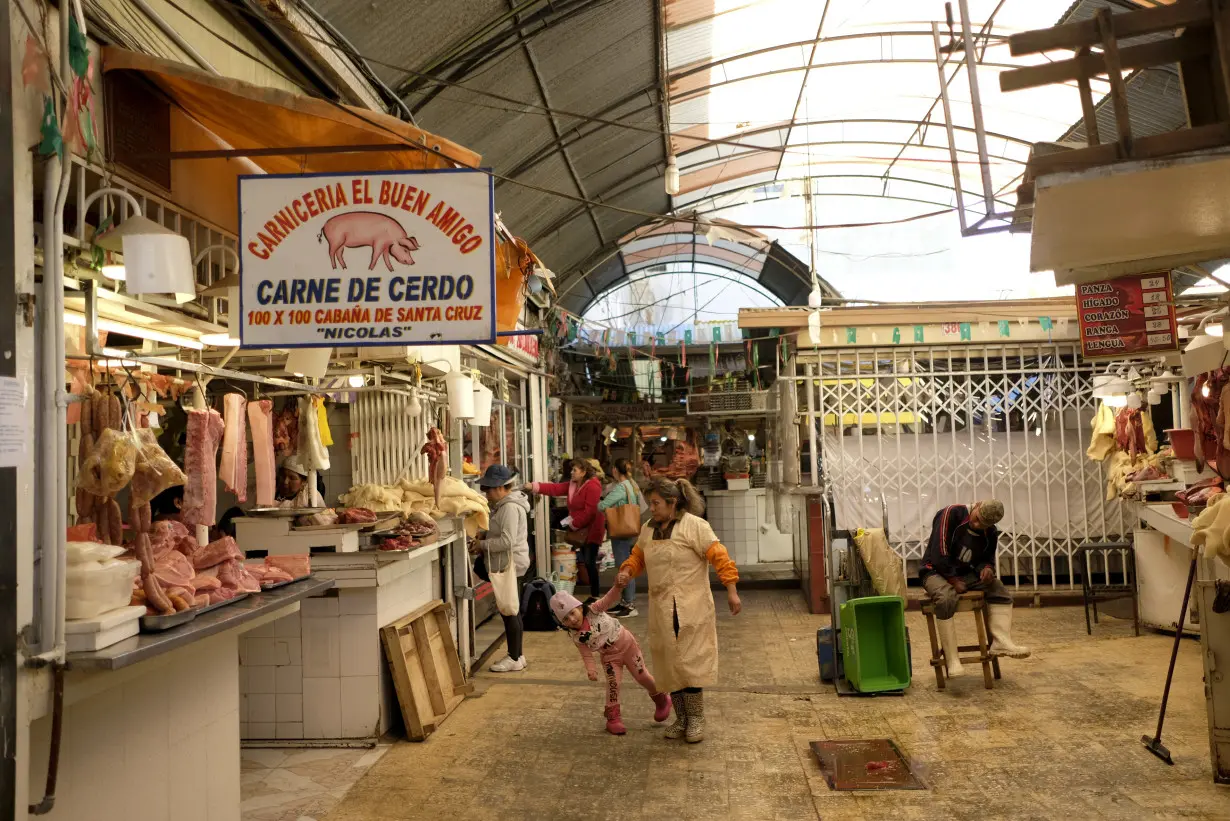
Morales is throwing his support behind an accusation made by former Gen. Juan José Zuñiga, who allegedly led the coup attempt. Morales said Zuñiga had informed colleagues and family of his plan beforehand and while in custody had told authorities that Arce had “betrayed” him.
“The president told me: ‘The situation is very screwed up, very critical. It is necessary to prepare something to raise my popularity’,” Zúñiga quoted Arce as saying.
That theory was quickly adopted by Arce’s political enemies, who dubbed it a “self-coup.”
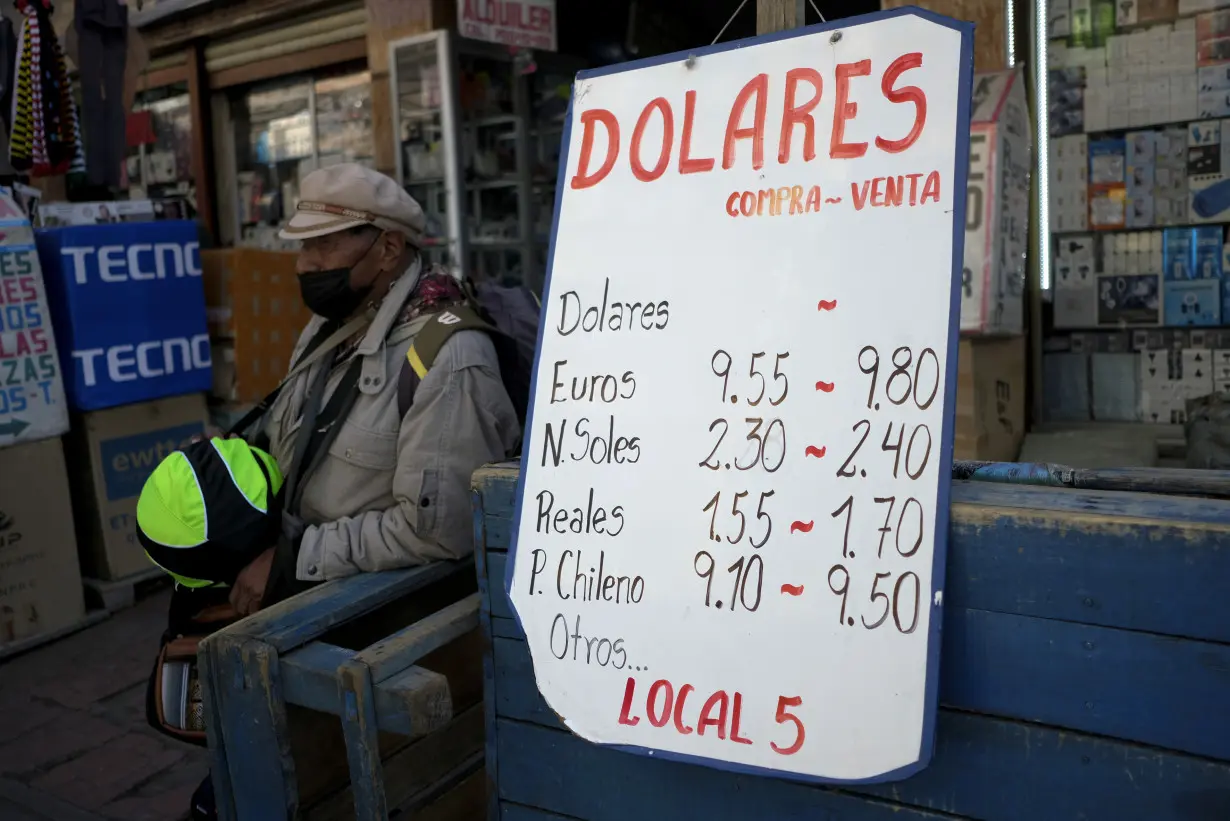
“At some point the truth will be known,” a handcuffed Zúñiga told reporters while being transferred to prison Saturday.
Morales' comments were echoed later in the night by neighboring Argentina. The government of right-wing Argentine President Javier Milei declared the coup attempt “fraudulent," citing intelligence reports and saying the way in which Wednesday progressed was “not very credible.”
Arce's government responded on Monday, saying it “strongly rejects the unfriendly and reckless comments.”
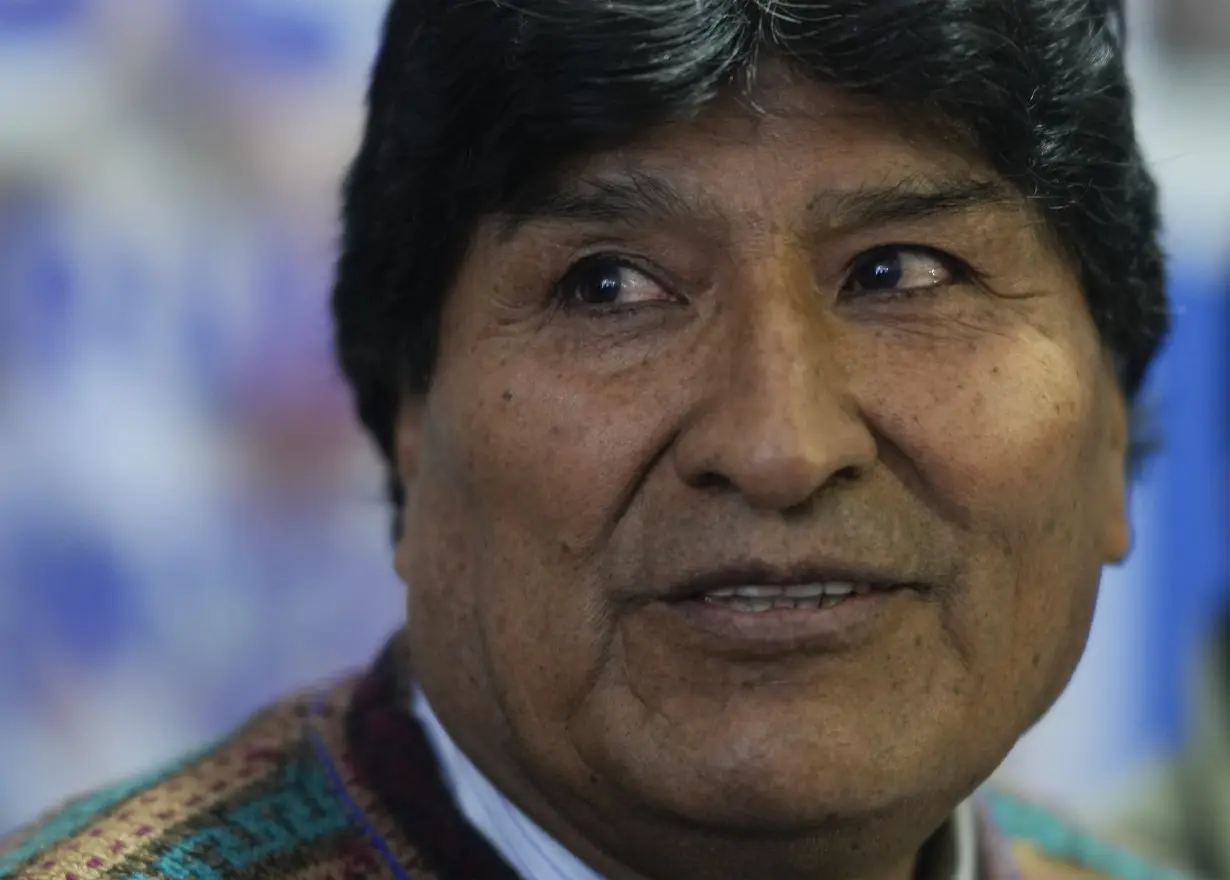
It's a major turnaround since Wednesday, when leaders across the region lined up in solidarity with Arce.
Presidential Minister María Nela Prada fired back at Morales over state television Sunday, warning him to not “become a puppet, a marionette and an instrument of imperialism that intends to plunder our country." She said the "fascist right" wanted to “distort history."
“What I condemn even more is that from people like Evo Morales, who claim to be leftists, there is ideological fluctuation around what are coups d’état and failed coups d’état in our country," she said.
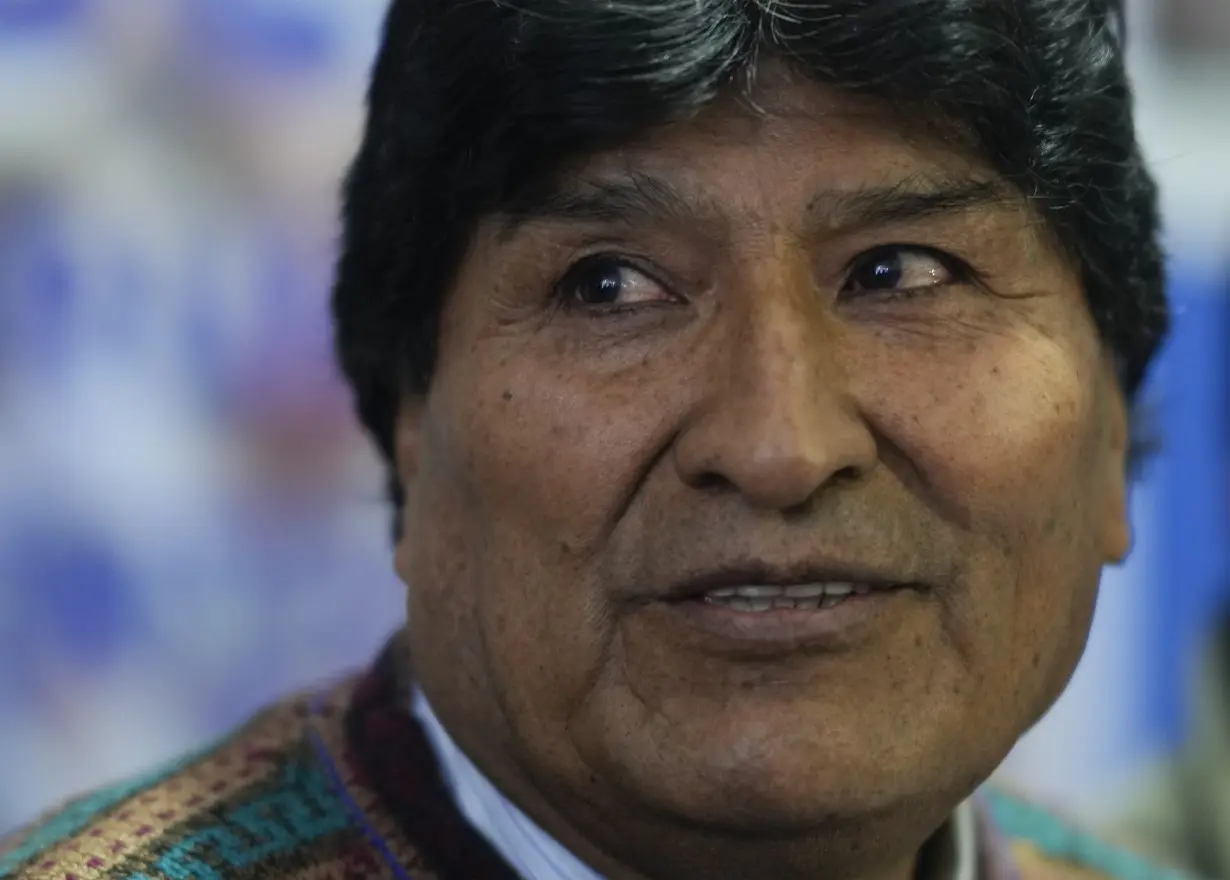
Morales still wields a great deal of influence in Bolivia, especially among coca growers and unions, while Arce has faced simmering discontent as the country reels from an economic crisis.
Morales, once Arce's friend, resigned as president in 2019 amid unrest after he ran for an unconstitutional third term and fled into exile, an incident he insists was a coup.
The incident led to conservative Jeanine Áñez to briefly take over as interim president, a period plagued with controversy. Áñez is currently serving a 10-year prison sentence on accusations she illegally took over the presidency after Morales resigned.
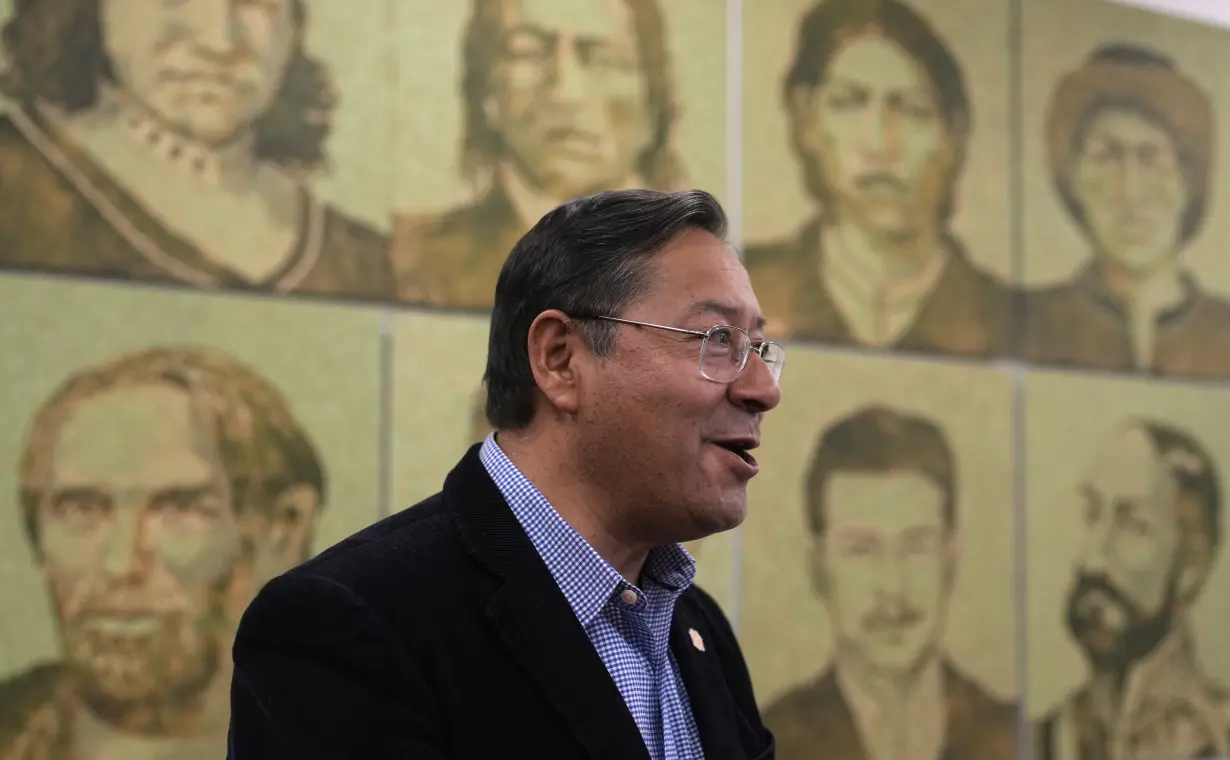
In Bolivia's 2020 election, Morales threw his support behind Arce to be the candidate for his Movement for Socialism, known by its Spanish acronym MAS.
But their relationship soured when Morales returned from self-exile and later announced he planned to run against Arce to be MAS's candidate in the 2025 elections. Their fights have grown increasingly bitter as Morales' allies have blocked much of Arce's legislative agenda in Congress.
“We've been politically attacked,” Arce told The Associated Press in an interview Friday. But “we haven't attacked” back.
The feud has angered many Bolivians, and Morales’ comments Sunday were not likely to help.
Morales said on the local radio program “Kausachun Coca” that he felt the incident damaged the image of Bolivia and its military. He also apologized for expressing solidarity with Arce.

 Germany sees meat exports to EU continuing after foot-and-mouth case
Germany sees meat exports to EU continuing after foot-and-mouth case
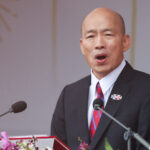 Parliament speaker to lead Taiwan delegation to Trump's inauguration
Parliament speaker to lead Taiwan delegation to Trump's inauguration
 German economy contracted 0.2% in 2024
German economy contracted 0.2% in 2024
 Middle East latest: Palestinian prime minister says Palestinian Authority should run Gaza in future
Middle East latest: Palestinian prime minister says Palestinian Authority should run Gaza in future
 Nokia signs multi-year patent license agreement with Samsung
Nokia signs multi-year patent license agreement with Samsung
 Irish parties secure 'comfortable majority' for new government
Irish parties secure 'comfortable majority' for new government
 Bayern Munich signs US youngster Bajung Darboe from LAFC
Bayern Munich signs US youngster Bajung Darboe from LAFC
 Novak Djokovic breaks a tie with Roger Federer for the most Grand Slam matches in tennis history
Novak Djokovic breaks a tie with Roger Federer for the most Grand Slam matches in tennis history
 China's RedNote: what you need to know about the app TikTok users are flocking to
China's RedNote: what you need to know about the app TikTok users are flocking to
